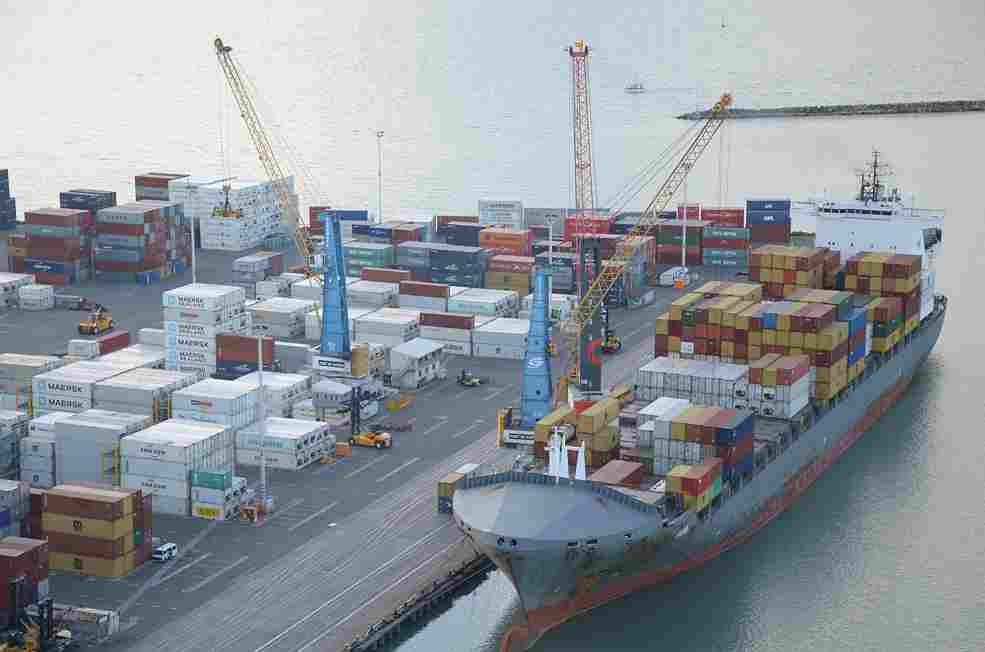
The Impact of Geopolitical Events on Bunker Fuel
Geopolitical events exert significant influence over global energy markets, and bunker fuel, essential for maritime transport, is profoundly affected by these dynamics. Here’s an exploration of how these events shape the bunker fuel landscape:
- Supply Disruptions: Geopolitical tensions, conflicts, or sanctions imposed on major oil-producing regions can disrupt the supply of crude oil, a primary component in bunker fuel production. Such disruptions often lead to fluctuations in bunker fuel prices as market conditions react to changes in supply availability. For instance, political unrest in a key oil-producing region may lead to reduced production or export restrictions, causing shortages and driving up bunker fuel costs globally.
- Market Volatility: Political instability or uncertainty in regions crucial to oil production and consumption can result in market volatility. Rapid shifts in demand or anticipated changes in supply can cause bunker fuel prices to fluctuate, impacting operational costs for shipping companies. Investors and industry stakeholders closely monitor geopolitical developments for their potential impact on oil markets, which directly influences bunker fuel pricing.
- Regulatory Changes: Geopolitical events can trigger regulatory shifts in shipping and energy policies. Sanctions imposed on oil-producing nations or international agreements affecting energy trade may alter compliance requirements for bunker fuel quality and environmental standards. These changes can disrupt supply chain logistics and increase operational expenses as shipping companies adjust to new regulations aimed at reducing environmental impact or ensuring fuel quality.
- Currency Fluctuations: Political events such as elections, trade disputes, or geopolitical tensions can influence currency exchange rates. Since bunker fuel is globally traded in U.S. dollars, fluctuations in exchange rates can significantly impact bunker fuel costs for importing and exporting countries. Currency depreciation can make bunker fuel imports more expensive for some nations, while others may benefit from favorable exchange rates, affecting overall market dynamics.
- Regional Dynamics: Geopolitical events in maritime chokepoints or along major shipping routes can disrupt transportation logistics crucial for bunker fuel supply chains. Issues such as piracy, territorial disputes, or geopolitical tensions in key sea lanes can lead to delays in fuel deliveries or increased security costs for shipping companies operating in affected regions. These disruptions pose operational risks and logistical challenges that impact bunker fuel availability and pricing.
- Investor Sentiment: Geopolitical stability or instability can influence investor confidence in energy markets, including bunker fuel. Uncertainty surrounding geopolitical developments may prompt investors to adjust investment strategies, impacting oil prices and subsequently bunker fuel costs. Market sentiment and risk assessments based on geopolitical factors play a critical role in shaping investment decisions and market outcomes for bunker fuel suppliers and consumers alike.
In conclusion, understanding the impact of geopolitical events on bunker fuel requires monitoring global political developments and assessing their potential effects on oil markets and regulatory frameworks. Stakeholders in the maritime industry must remain vigilant to navigate price fluctuations, manage operational risks, and adapt to evolving geopolitical landscapes. The resilience and adaptability of the bunker fuel sector are essential for sustaining international maritime trade amid geopolitical uncertainties and market complexities.





